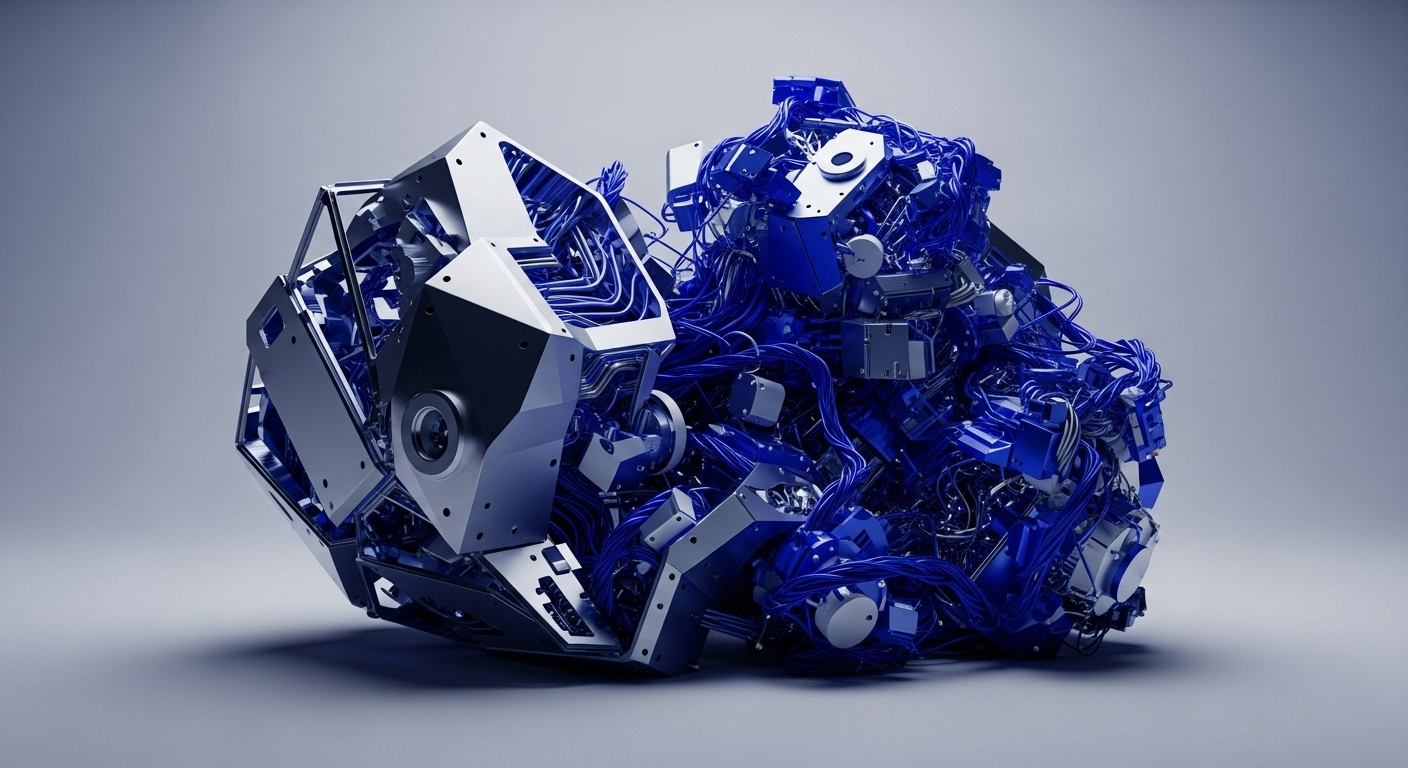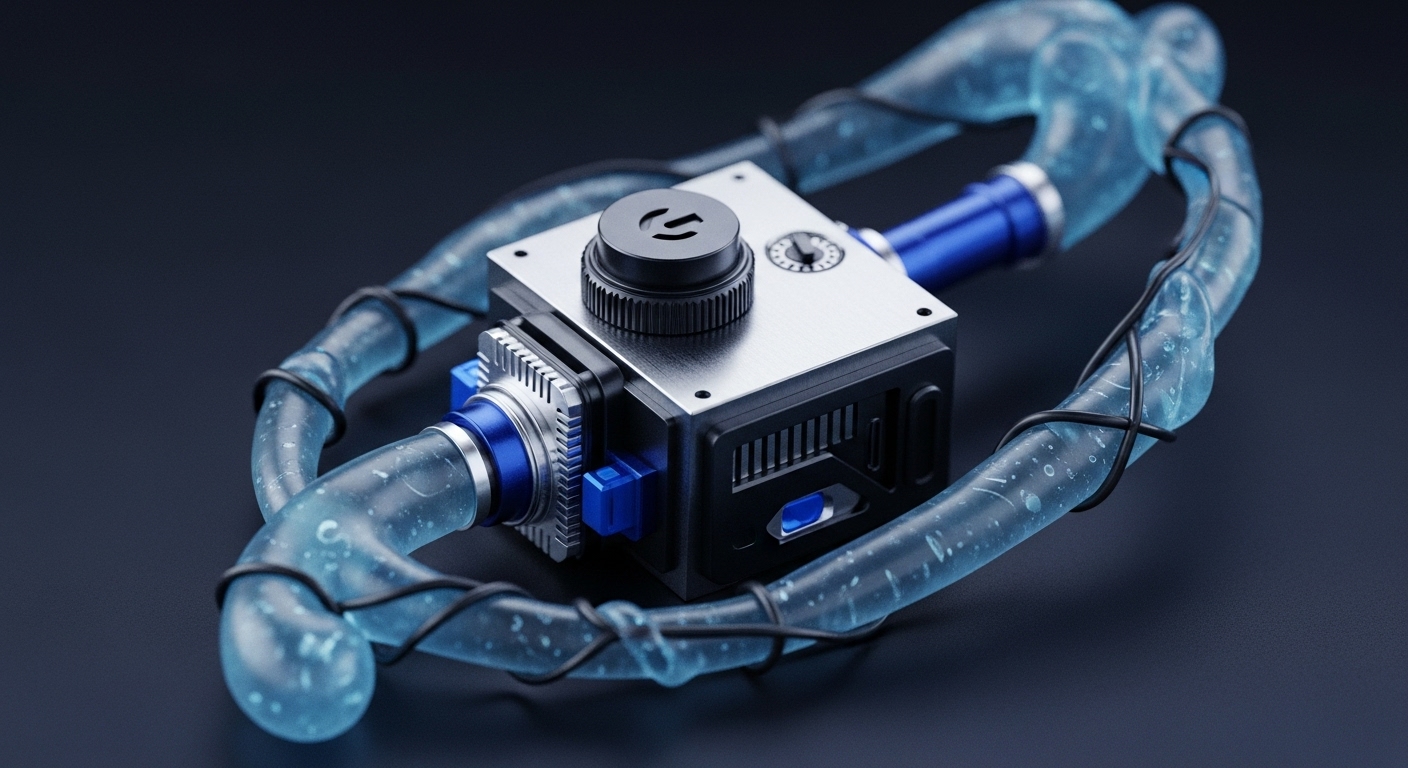
Briefing
The core problem is the high computational overhead and architectural rigidity of verifying cryptographic commitments within Zero-Knowledge Machine Learning (zkML) pipelines. The paper introduces Artemis, a new Commit-and-Prove SNARK (CP-SNARK) construction that resolves this by achieving efficient, black-box compatibility with any homomorphic polynomial commitment scheme and any generic proof system. This foundational breakthrough decouples the commitment verification process from the specific SNARK arithmetization, enabling the first highly efficient and universally compatible verifiable computation system, which is critical for scaling decentralized AI and maintaining trustless integrity.

Context
Prior to this research, integrating polynomial commitments → which are essential for verifying large datasets or machine learning models → into a zk-SNARK was computationally prohibitive or required a “white-box” approach. This constraint forced developers to either re-compute complex elliptic curve operations within the SNARK’s arithmetic circuit, leading to massive overhead, or to tightly couple the commitment scheme to a specific proof system, which sacrificed generality and prevented the use of modern, trustless SNARKs. The prevailing limitation was the fundamental mismatch in algebraic structures between the commitment and the proof system.

Analysis
The core idea of Artemis is a novel mechanism that achieves Commit-and-Prove functionality by making only a black-box use of the underlying SNARK. This contrasts with previous methods that required a full, inefficient re-computation of the commitment verification inside the SNARK. Conceptually, Artemis creates a streamlined “bridge” that proves the consistency of the committed data (the “witness”) with the computation being proven by the SNARK, without needing to fully re-execute the commitment logic within the circuit constraints. This is achieved by leveraging the homomorphic properties of the polynomial commitment to generate a succinct proof of consistency that the black-box SNARK can then verify efficiently, dramatically reducing the circuit size and prover time.

Parameters
- Prover Time Improvement → 7.3x improvement in prover time over the Lunar CP-SNARK construction.
- Generality Metric → Black-Box Use of the underlying SNARK, meaning it is compatible with any homomorphic polynomial commitment scheme.

Outlook
This research establishes a new architectural pattern for verifiable computation, shifting the paradigm to modular, composable proof systems. The immediate application is the unlocking of truly scalable Zero-Knowledge Machine Learning (zkML), allowing for the on-chain verification of complex AI model inferences without revealing the model or the data. In the next 3-5 years, this primitive will be foundational for decentralized AI marketplaces, private computational outsourcing, and any modular blockchain architecture requiring efficient, generalized proof-of-data-integrity.

Verdict
The introduction of the black-box Commit-and-Prove SNARK primitive is a foundational architectural shift, enabling the practical, generalized application of zero-knowledge proofs to complex, real-world computational pipelines like decentralized machine learning.
